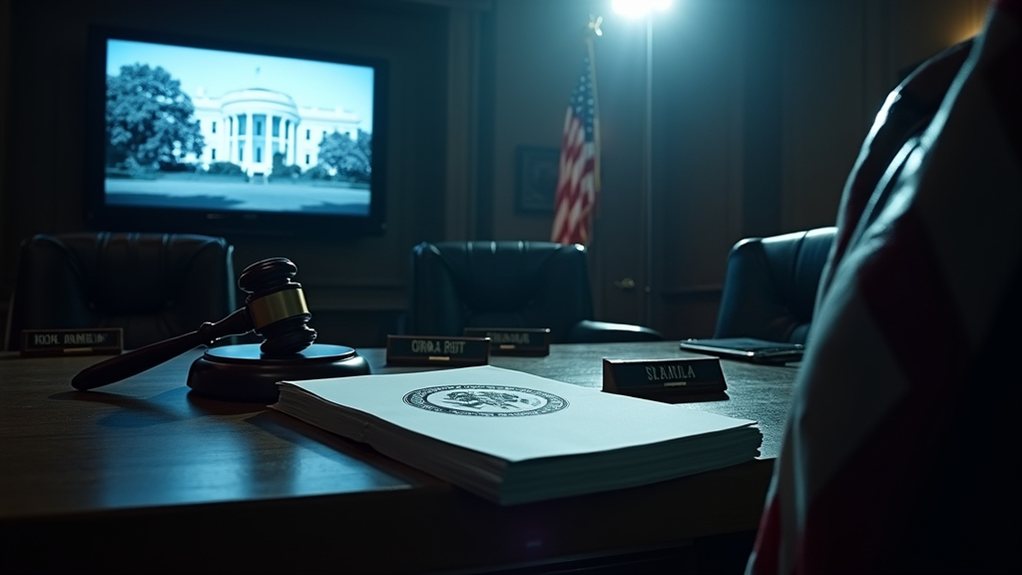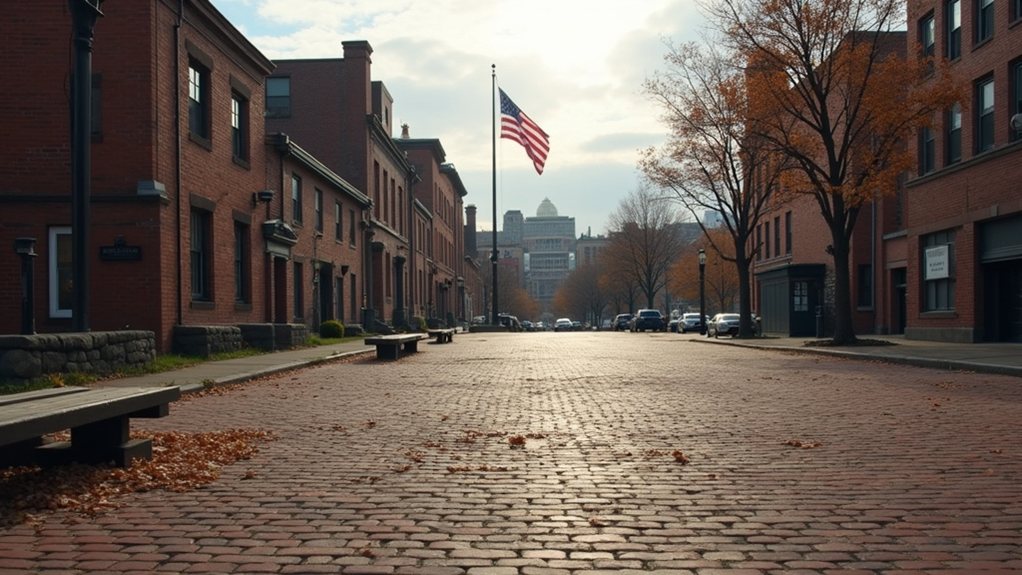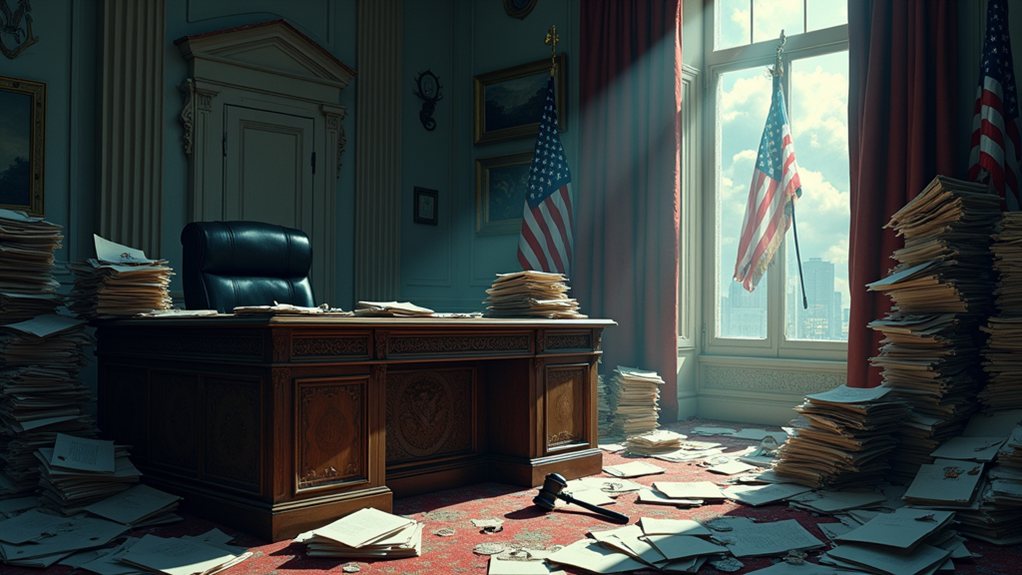In a significant move, the Trump administration issued a series of executive orders aimed at dismantling diversity, equity, and inclusion (DEI) programs across federal agencies and the private sector.
These orders, signed in January 2025, targeted DEI initiatives by directing the termination of DEI offices and related positions in federal agencies. The orders also required federal contractors to certify they do not operate "illegal DEI" programs and aimed to eliminate equity-related grants. However, on February 21, 2025, U.S. District Judge Adam B. Abelson issued a nationwide injunction blocking key provisions of these executive orders. The judge found that the orders were likely unconstitutionally vague and violated free speech. The injunction specifically halted the termination of equity-related contracts and the contractor certification requirement.
While the ruling did not stop voluntary investigations by the Department of Justice into DEI initiatives, it maintained the status quo for federal contractors and private sector entities. Following the injunction, the Trump administration filed a notice of appeal on February 24, 2025, but did not publicly address the ruling. The White House's pages on the executive orders remained unchanged.
Additionally, the administration appointed Andrea R. Lucas as the Acting Chair of the Equal Employment Opportunity Commission (EEOC) to focus on "rooting out unlawful DEI." Agencies were directed to continue anti-DEI actions not covered by the injunction. The nationwide injunction issued by the judge has raised significant questions about the future of federal funding related to DEI programs, particularly since a federal court found the EOs likely unconstitutional.
Civil rights groups claimed the administration was not complying with the court order. Reports suggested that some agencies continued to review and potentially terminate DEI contracts, raising concerns about a chilling effect on private sector DEI initiatives.
This situation created uncertainty for federal contractors and grantees regarding compliance requirements. The legal battle over these executive orders may ultimately reach the Supreme Court due to the constitutional issues involved, raising questions about the future of DEI efforts in the U.S.







